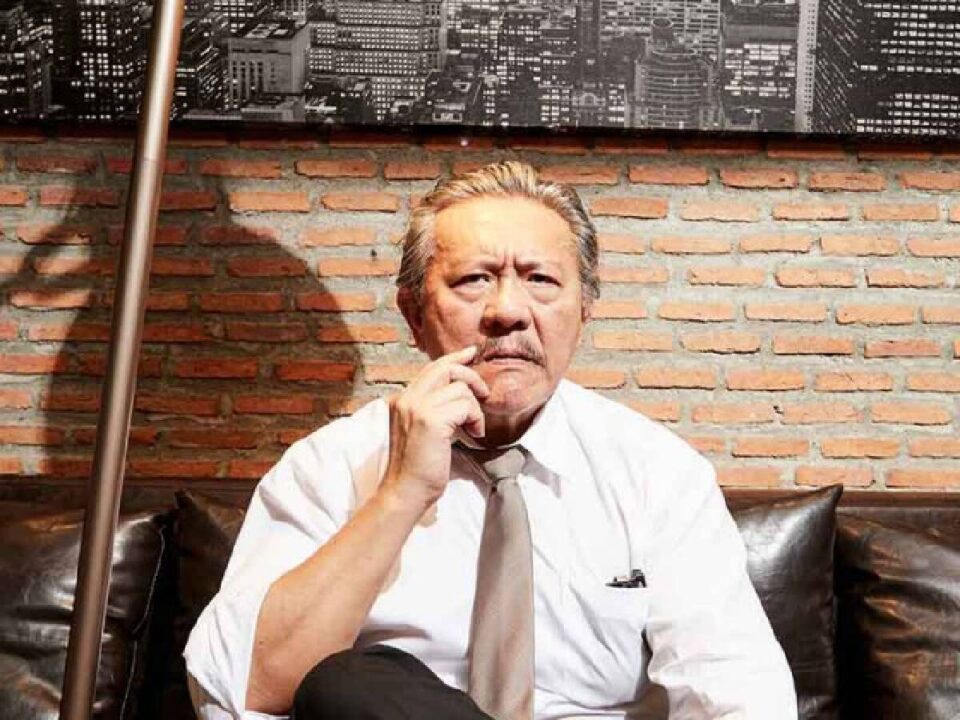In Thailand, where there are among the most squealers in the world—many of them work in politics—the line between being a whistleblower and a cunning schemer is thinner. Even though they are controversial, Chuvit Kamolvisit is unquestionably from another planet.
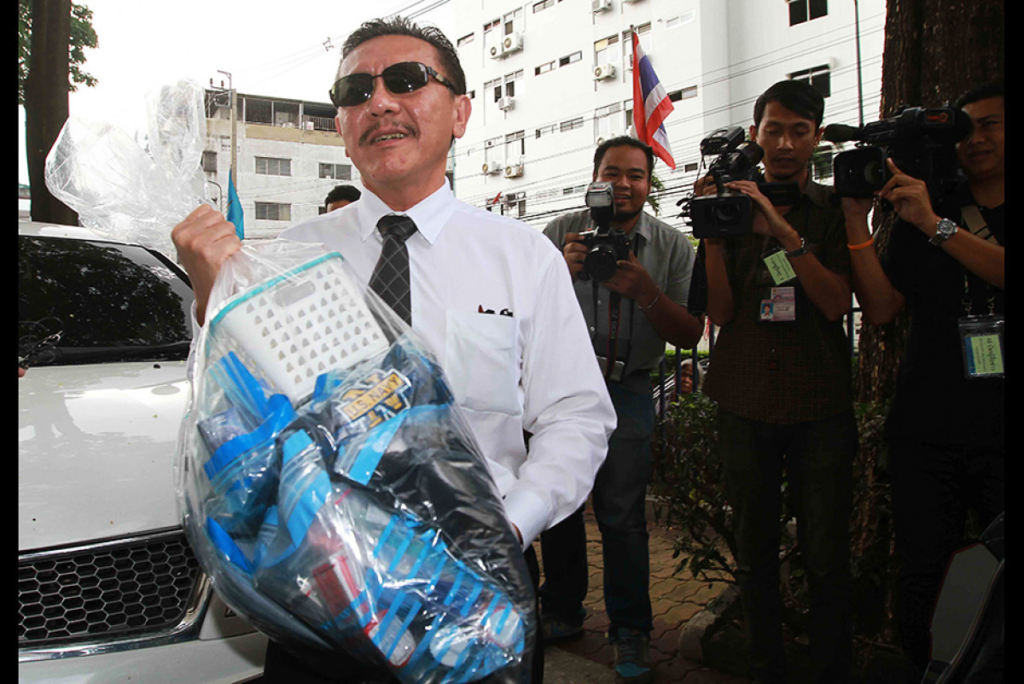
He is not permitted to advocate against the Bhumjaithai Party’s marijuana policy, according to the court. His verbal altercation with renowned attorney Sittra Biabungkerd opened the can, and the worms are now everywhere. Without him, the topic of “Chinese grey firms” would not have received as much attention. He accused government projects of receiving significant payments and engaged in a confrontation with the Manager, a powerful media organization. With concern for their public image, the Siriraj and Thammasat University hospitals have returned his kind donations.
Others praise him for “having the guts” to challenge virtually anyone, regardless of how influential they are in Thai culture. But, others are deeply suspicious of him, especially when they see his plot of land in Sukhumvit.
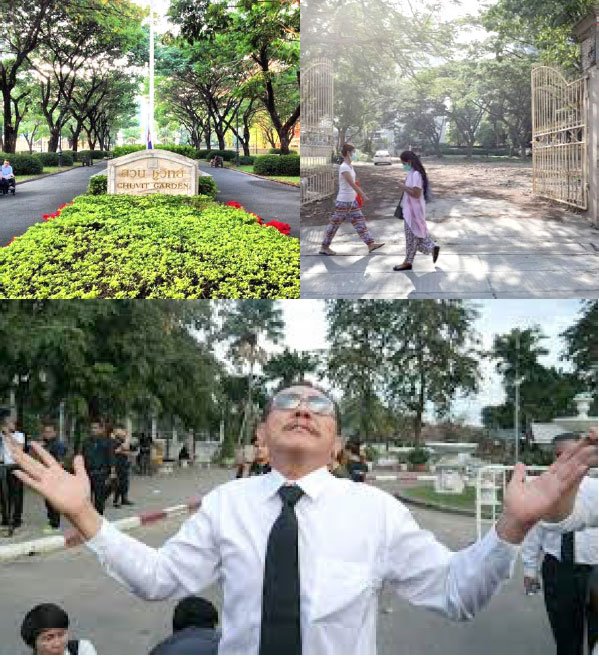
When a significant development plan is taken into account, the estimated worth of the land surpasses that of the majority, if not all, of the secrets revealed by Chuvit. The site between BTS Nana and Sukhumvit Soi 10 has seen some construction activity; if finished, the Tenth Avenue mix-use development project will be valued about Bt10 billion.
Here is the issue: Records seemed to indicate that Chuvit utilized a verbal pledge to convert the property into a public park to get his jail time shortened. He allegedly did this to appease the judges after deploying bulldozers to destroy his tenants’ businesses in the dead of night in 2003, turning the area into a “Bangkok lung.” That was a significant case at the time and still leaves a large mark on his colorful and controversial past.
Years passed until the “beer bar demolition” issue was finally resolved in the middle of 2016. Despite Chuvit’s assistance, the Supreme Court reduced his sentence from five years to two years as a result of his ostensible humanitarian gesture. Therefore it was understandable that many people were upset when, around ten years after it had opened, the “Chuvit Garden” was made off-limits to those looking for pure air. When the examination of his motivations increased, he claimed, “I have allowed the land to be used for public services for twelve years when I could have obtained billions of baht from it.”
But the statement was a great cry from anything he had previously said. About 20 years ago, allowing the land to be utilized as a park was a shining example of compassion and selflessness that all wealthy businessmen should imitate. He continued to preach at that point, “When you die, you can’t take anything with you, and even the money ceremoniously placed in the coffin can be stolen away by some undertakers.” He specifically stated the following in 2005: “This is known as Chuvit Garden, but I like the term SuanSajai, which is loosely translated as What the hell am I going to do this way garden. I’m not a trash talker who only speaks crap at press conferences; I’m a man of my word. All Bangkok’s wealthy landlords are kindly requested to put their vacant properties to good use.
Also in 2005: “I used to pledge to give Bangkok a lung and I want it to serve as a reminder to those who have hundreds of billions of baht that money doesn’t last forever. The undertaker has the authority to seize even ngern paak phi (coins placed in the casket). I had previously paid Bt30 million for the blueprint to build a four-star hotel on this property, but I’ve now scrapped the idea.
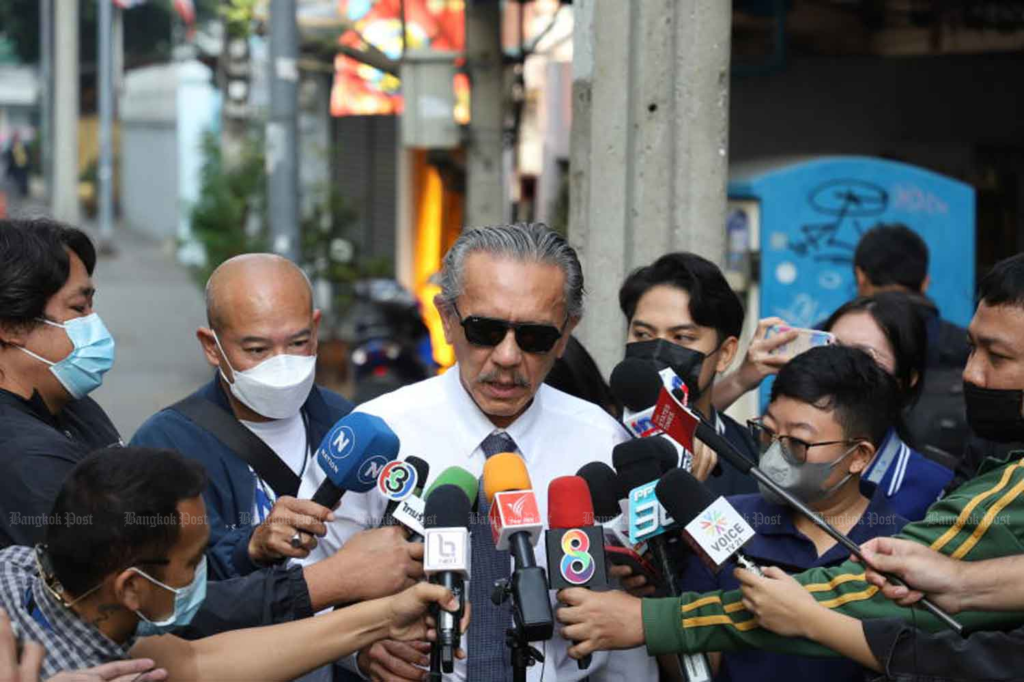
Legal considerations aside, spoken interpretation will be a challenging task. Did he indicate he was permanently ceding the land? Now the man himself replied, “No.” The only thing that is certain is the past declaration of his beliefs regarding mortality and material possessions; yet, it is unclear if he intended to permanently transfer the land to the Bangkok Metropolitan Administration.
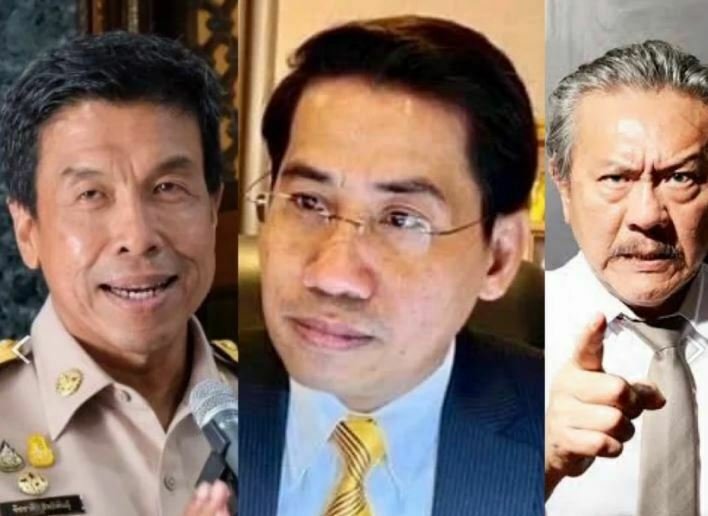
Chadchart Sittipunt, the well-liked governor of Bangkok, may find that selecting what to do with the long-gone “Chuvit Garden” is his first significant task. It has been requested that the official’s staff investigate prior judgments, witness testimony, and the legal significance of particular words. There must be a number of other persons currently engaged in similar activities.
(After discussing the governor of Bangkok, consider the commotion that would have ensued if Chuvit had been elected mayor of the city and then faced the park problem.)
Words can be just as powerful as written contracts, especially if the courts are involved, according to attorney Sittra. The two men’s verbal combat about whose money-making strategies were “dirtier” has gotten more heated as a result. The major suspect in the 2020 kidnapping and death of a three-year-old girl, Chaiyaphol Wipa, has been investigated again as a result of this.
To make a very long story short, Chaiyaphol has asserted during the controversy surrounding Chuvit-Sittra that while Sittra was claiming in front of the public that he did not charge him a single baht for representing him, his (Chaiyaphol’s) fanclub was making sizable donations to the foundation connected to Sittra’s law firm. Sittra, who abruptly ended his work with Chaiyaphol after the suspect was taken into custody, has refuted the allegations and is allegedly preparing to file a lawsuit.
Chuvit can cause severe storms, as evidenced by this instance. In the past, people were more interested in his allegations that he had to pay the police large bribes than in the reality that he was actively involved in the flesh trade.
It takes one to know one, as the saying goes. Even though more unclean laundry between Chuvit and his opponents remains to be publicly washed, it is undoubtedly a major factor in why so many people, whether rightly or incorrectly, appreciate the guy.

